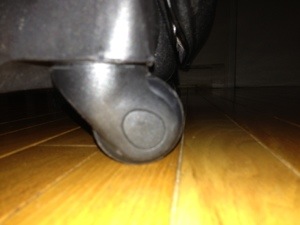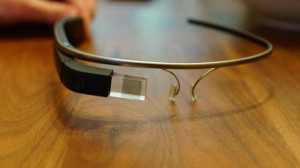Instead of writing something that purports to be funny, I want to let you know about a website that I’ve been visiting recently. It is called The Issue Box. And you can find it by typing theissuebox.com into your browser’s URL field. Or you can Google it. Or you can follow this link.
The Issue Box allows users to post and vote on an infinite number of political and other public issues, without requiring any personal information – no names, no financial information – save for an email address that is used solely to verify that you are a human being and not a bot or toaster oven.
So, for example, you could say something like, “There are not enough restrictions on pollution,” and then vote “Agree” or “Disagree.” And then that issue, with your one vote, will be available for any other users to vote Agree or Disagree. As the votes tally, you will be able to see a pie chart showing the split of yeas and nays, and how each voting user voted.
Now let’s say that you are a user of the site, and you didn’t create that issue, and you don’t want to vote on it either. You think the issue misses the point. So now you create the issue “We need to enforce the pollution restrictions we already have,” and vote Agree, and now your newly-minted issue is posted on the Home page for all to see and vote Agree or Disagree.
Now let’s talk real controversy. What information do we require to sign up? A valid email address. That’s it. The email address is your username for logging in, but on the site you are identified only by a random assortment of words that we assign to you. The password is a random combination of numbers, also assigned. So your presence on the Issue Box will be totally anonymous. There is zero chance of us sharing your information with others because we don’t have any information to share.
An email address and the issues created and voted on by that email address, and that’s it. If your email address has your name in it, and you’re not comfortable sharing it with us, then go use another email address, even one created just for the purpose of authenticating that you are a human, which is done once and never again. But regardless of whether your email address has your name in it or not, to other users and to the public, you will be identified by only the randomly generated handle that is assigned to you at registration. No one need ever know how you vote…unless you decide to tell them.
In case you are wondering, I have more than a passing interest in the Issue Box. I helped create it and am hoping that if enough people go on it, I will be able to sell the website for billions of dollars, and retire to a mansion with its own movie theater, where I can watch the movie they’ll make about how I screwed over my friends to take control of the company, and hope that the screenwriter is nominated for an Academy Award.
So if you get a chance today and you want to do something that’s 100% risk-free, costless, and permits – nay, encourages – you to simply say, yes or no, how you feel about an issue, and see how many people agree with you, then go to theissuebox.com and get your issues out there!
Postscript: You should know that, strictly speaking, we are still in the Beta-testing phase of the Issue Box. So if you encounter anything that looks like a glitch, please be patient and, if you have a few moments and are so inclined, send us a note about it and we’ll take care of it.



